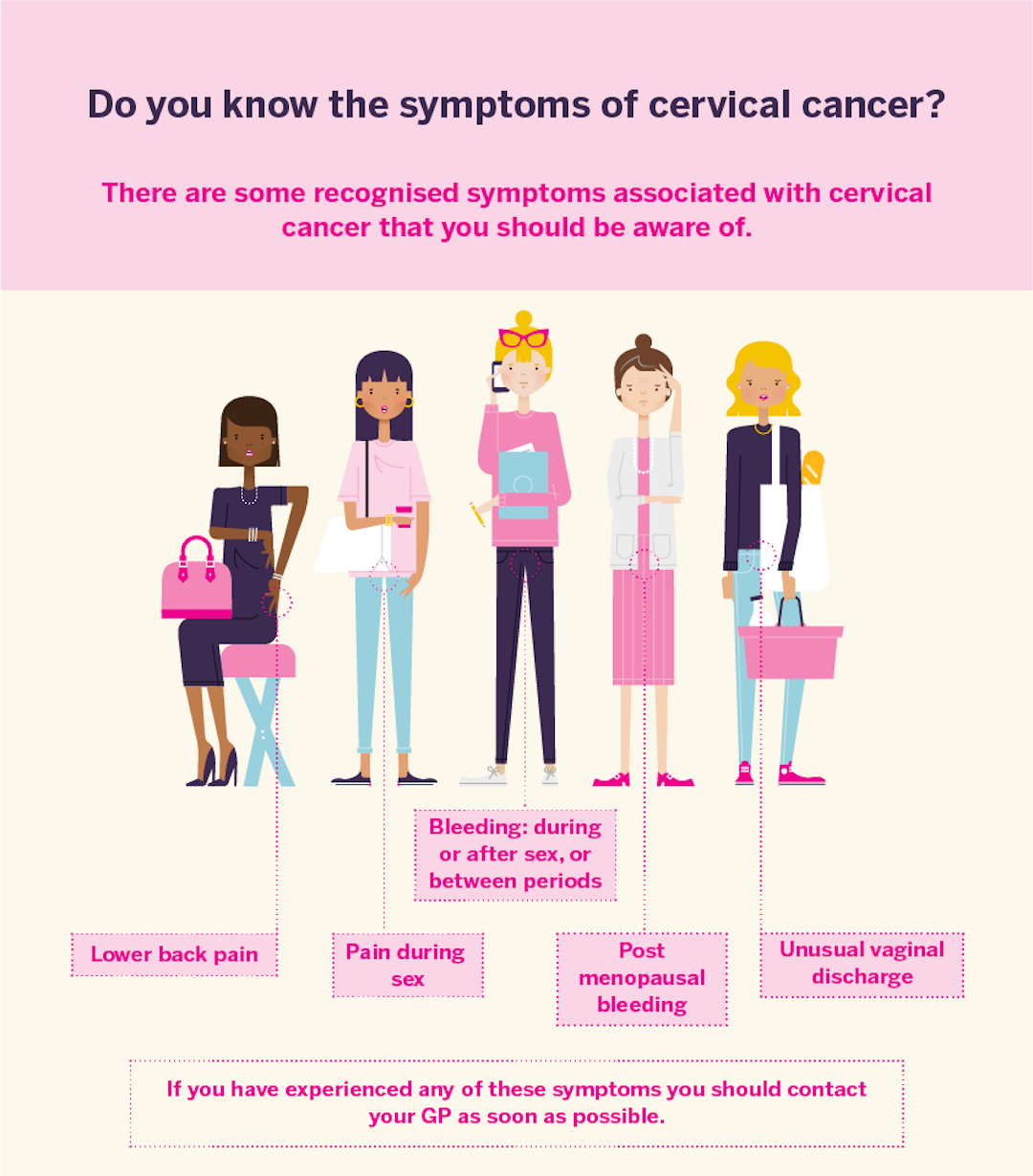Women are urged to get screened for cervical cancer every three years as the cervical cancer is almost entirely preventable with regular screening, appropriate and timely follow-up if results are abnormal, and human papillomavirus (HPV) immunization.
What is Cervical Cancer
Cervical Cancer is a slow developing cancer that starts in the interior lining of the cervix. Almost all cases begin with changes caused by the human papillomavirus (HPV), a sexually transmitted infection. Over the time the changes caused by HPV build up and a pre-cancerous condition called cervical intraepithelial (CIN) develops. CIN can progress to cervical cancer, but this is not always the case.
“Any woman who is, or ever has been, sexually active is at risk for cervical cancer,” says Dr. Joan Murphy, Clinical Lead, Ontario Cervical Screening Program, Cancer Care Ontario. “Cervical cancer is typically slow to develop, so screening every three years on a regular basis has been shown to be highly effective in detecting cervical abnormalities and preventing cancer.”
Women aged 21 to 69 are recommended to get screened for cervical cancer every three years if they are or have ever been sexually active. Unlike most cancers, cervical cancer is more common in younger women, with its incidence rate peaking for women aged 35 to 39. However, the risk of developing the disease continues for women in older age groups, particularly for women who do not regularly get screened.
Because the early changes that lead to cervical cancer cause no symptoms, a Pap test is the best way to detect abnormal cervical cells. Other health issues, such as other cancers in the reproductive organs and sexually transmitted infections, are not detected through Pap testing.

Read also: Types of Skin Cancers and How to Spot & Prevent Them








